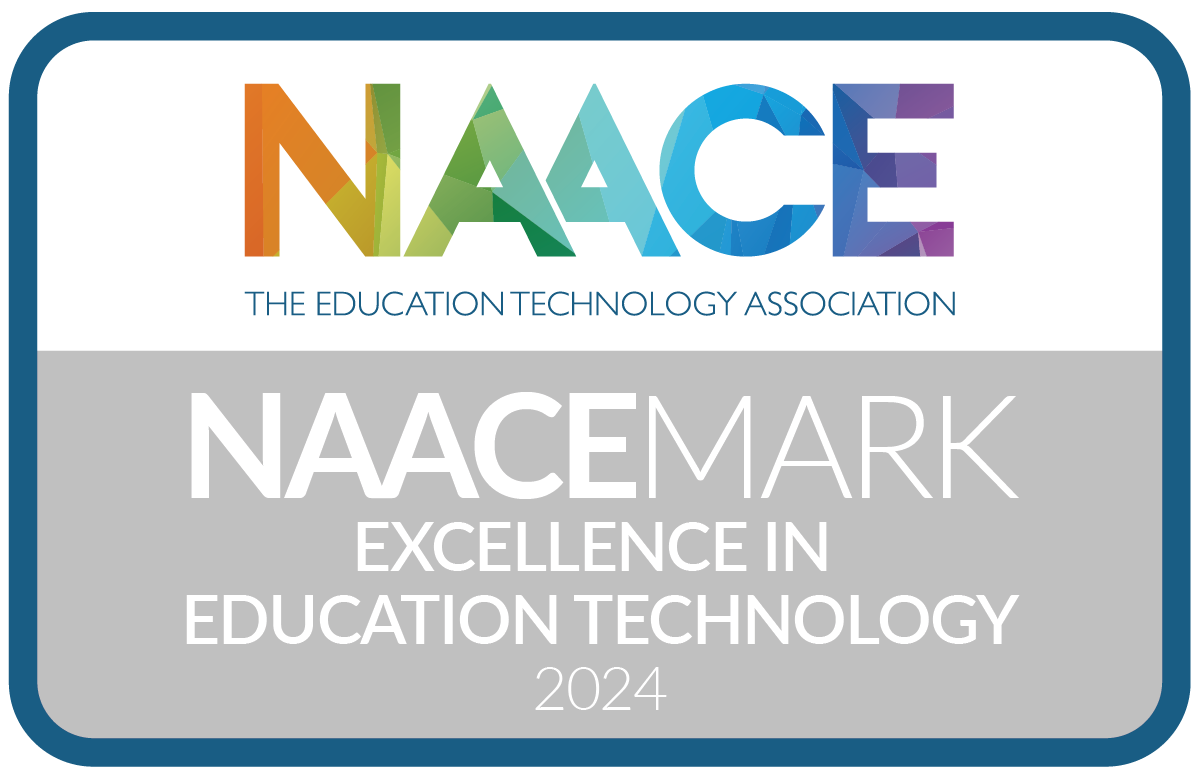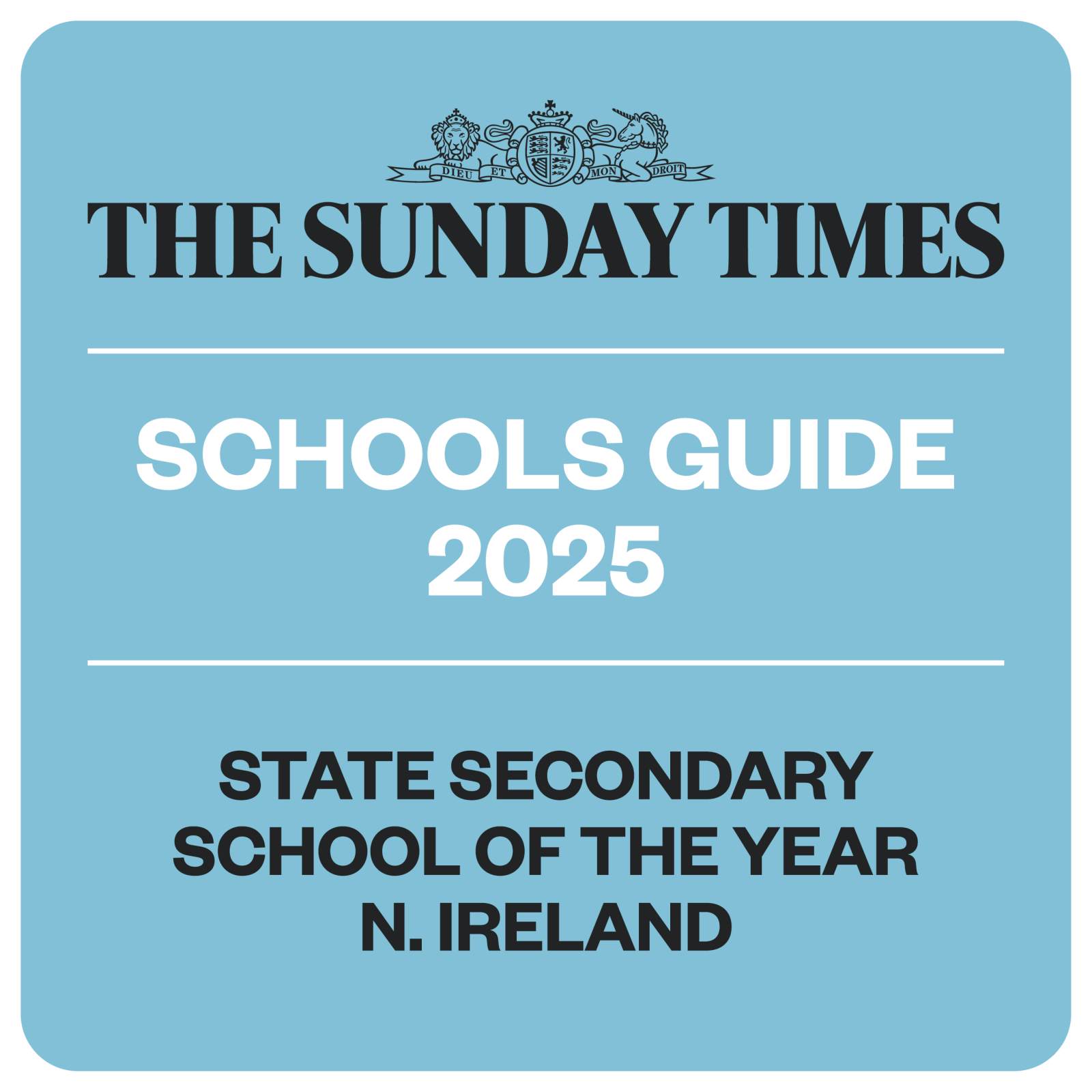Sociology
SPECIFIC AIMS OF THE DEPARTMENT
The specification emphasizes the diversity and complexity of contemporary society and acknowledges national, regional and cultural diversity within society.
There is an emphasis on the acquisition of knowledge to develop a critical understanding of contemporary processes and social change
It is hoped that students will have an opportunity to relate their own experiences to the study of Sociology while examining issues in a global context.
Sociology is designed to encourage the development of higher order skills such as analysis and evaluation and aims to create complex thinkers with the ability to effectively construct and deconstruct academic arguments.
As sociology is a dynamic subject, the specification has been developed to promote the inclusion of current sociological issues in the contemporary UK and, where applicable, in a wider global context. This will encotage our students to become socially aware on a local and global basis and to understand the imapct of globalisation on modern life.
Learners will be challenged to demonstrate their ability to use their sociological knowledge appropriately in varying contexts. In this way the specification allows learners to access opportunities to demonstrate their knowledge whilst at the same time presenting opportunities that stretch and challenge
At AS and A2 learners will be expected to demonstrate a wide range and depth of knowledge and understanding alongside skills of application, analysis, interpretation and evaluation.
* Show an ability to recognise and understand the language and concepts associated with the study of Sociology
• Be capable of reading, interpreting and analysing the work of known sociologists
• Select appropriate and relevant sociological material to analyse social issues and be capable of applying concepts, theories and evidence to support arguments
• Evaluate and compare sociological and non-sociological evidence and arguments
EXAM BOARD
WJEC
OVERVIEW OF KEY STAGE 3 CURRICULUM
OVERVIEW OF KEY STAGE 4 CURRICULUM
OVERVIEW OF KEY STAGE 5 CURRICULUM
https://www.wjec.co.uk/qualifications/sociology-as-a-level/#tab_keydocuments
Learners will study concepts and theoretical issues through two main themes:
1. Socialisation, culture and identity
2. Social differentiation, power and differentiation
These themes will be covered across all units although there will be greater emphasis on the first theme in the AS units and on the second theme in the A2 units.
The course will focus on the following topic areas:
• Socialisation, Culture and Identity
• Youth Culture
• Education
• Crime and Deviance
• Social Differentiation and Stratification
• Methods of Sociological Enquiry
Assessment Objectives
Below are the assessment objectives for this specification. Learners must:
AO1
Demonstrate knowledge and understanding of:
• sociological theories, concepts and evidence
• sociological research methods
AO2
Apply sociological theories, concepts, evidence and research methods to a range of issues.
AO3
Analyse and evaluate sociological theories, concepts, evidence and research methods in order to:
• present arguments
• make judgements
• draw conclusions
Unit 1: Acquiring Culture consists of a range of essay question types. Some require a short open response, some a restricted response, others an extended response. Restricted response essays focus on an understanding of basic knowledge through relatively brief and confined written responses, and so target AO1 and AO2. Short open responses share the
characteristics, but the expected length of response is much shorter (e.g. maybe a paragraph). The shorter length allows several concepts and issues to be covered using this style of question within a single examination. Extended response essays allow
learners to construct a variety of interpretations and explanations and draw upon a wider set of information and sources. These questions require learners to demonstrate skills of analysis and evaluation and therefore target AO3, as well as AO1 and AO2.
Unit 2: Understanding Society and Methods of Sociological Enquiry consists of scenario based questions, the scenario being a synopsis of a piece of research. The questions ask learners to apply their knowledge to a particular and also to a novel set of circumstances. The questions target AO1 and AO2 which will assess the learner’s knowledge,
understanding and application of research methods. The extension questions will cover AO1, AO2 and AO3.
Unit 3: Power and Control consists of restricted response questions which target AO1 and AO2, as well as extended response questions. These will require learners to develop a debate and therefore their skills of analysis and evaluation (AO3) will be assessed along with AO1 and AO2.
Unit 4: Social Inequality and Methods of Sociological Enquiry consists of restricted response
questions which will target AO1 and AO2, as well as extended response questions. These will require learners to develop a debate and therefore their skills of analysis and evaluation (AO3) will be assessed along with AO1 and AO2.












